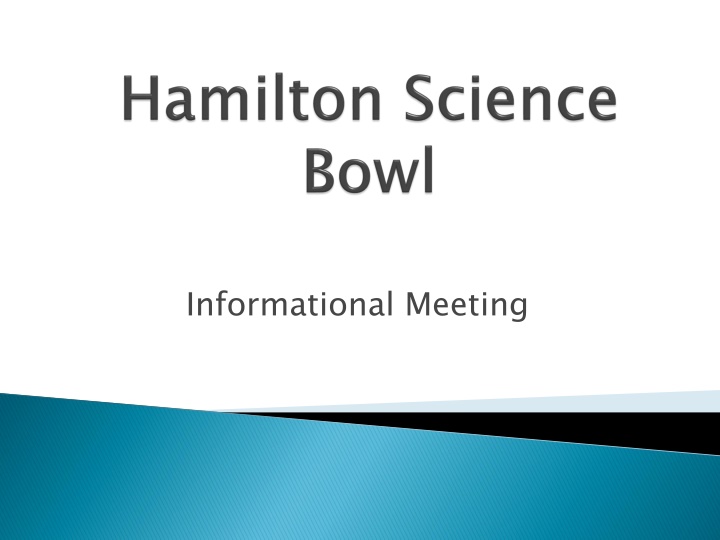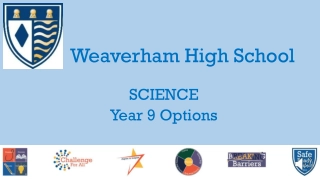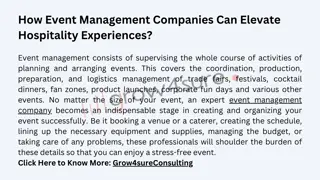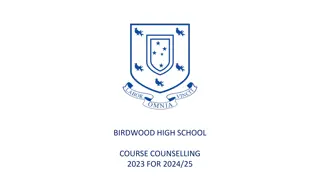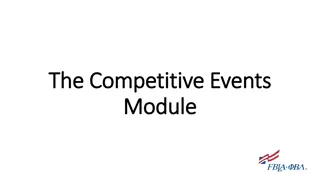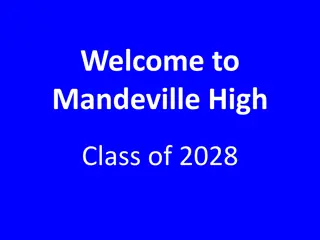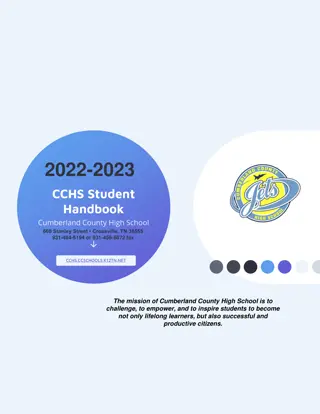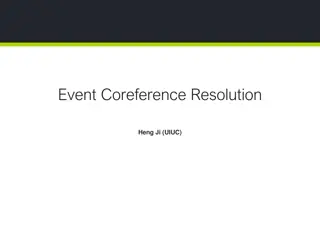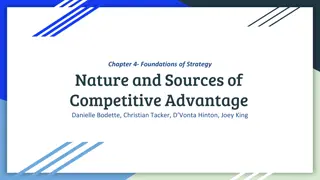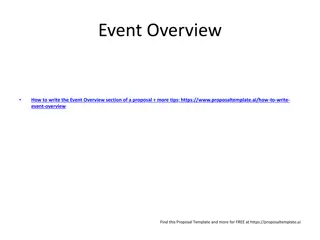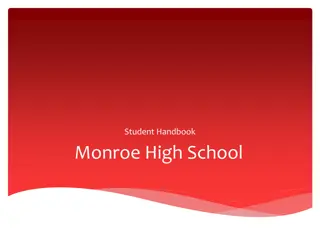Competitive Science Education Event for High School Students
A highly competitive academic event where high school teams compete in buzzer-based science and math questions. With two types of questions - MC and SA - covering various science branches, this competition tests knowledge and problem-solving skills. Questions range from biology to physics, with bonus questions for correct toss-up answers. As teams progress, questions become more challenging, allowing students to enhance their science knowledge and skills. Participating in this event fosters team synergy, socialization, and personal growth.
Download Presentation

Please find below an Image/Link to download the presentation.
The content on the website is provided AS IS for your information and personal use only. It may not be sold, licensed, or shared on other websites without obtaining consent from the author.If you encounter any issues during the download, it is possible that the publisher has removed the file from their server.
You are allowed to download the files provided on this website for personal or commercial use, subject to the condition that they are used lawfully. All files are the property of their respective owners.
The content on the website is provided AS IS for your information and personal use only. It may not be sold, licensed, or shared on other websites without obtaining consent from the author.
E N D
Presentation Transcript
a highly competitive science education academic event among teams of high school students who compete in a fast-paced buzzer based answer questions in all branches of science and math. Simply, it s a buzzer based team competition that tests general science knowledge and problem solving skills. science education and buzzer based forum to solve technical problems and
There are two types of questions: MC and SA A reader will always start with a toss-up question, that can range from biology, chemistry, earth science, mathematics, and physics. Any player on either team can buzz in when they know the answer, but there can be penalties for buzzing in too early and getting the question wrong. Once a player on a team buzzes in, his team can no longer buzz in for that question. If a toss-up is answered, the team will get a bonus question. This can be discussed for a short time period among team members.
High school questions usually cover college freshman level/AP knowledge. Questions in earlier rounds are usually easier, and as a team progresses the questions will get progressively harder.
The competition allows you to focus in on areas of interest in science and become extremely knowledgeable about it. Eg. If you really love Bio and Math, when practicing and Studying you can focus on those subjects that you want to learn more about anyway. It truly broadens the scope of your studies and increases your general science knowledge by a huge margin. Builds team synergy, and is a great way to socialize with other individuals who share your passions and future goals. It s fun!
http://www.zatobowl.com/ http://www.scibowl.com/ Just read! Reading anything you enjoy learning about in your free time will help you get better at science bowl. University Prep s 10 Full-Length Science Bowl Practice Rounds http://zatobowl.blogspot.com/2011/03/books-to-study-for- science-bowl.html (Books to get for different areas of expertise) http://science.energy.gov/wdts/nsb/high-school/high-school- regionals/hs-rules-forms-resources/sample-science-bowl- questions/
$30 per student for the year to cover the buzzer system costs as well as any other resources we might want to get for practices.
